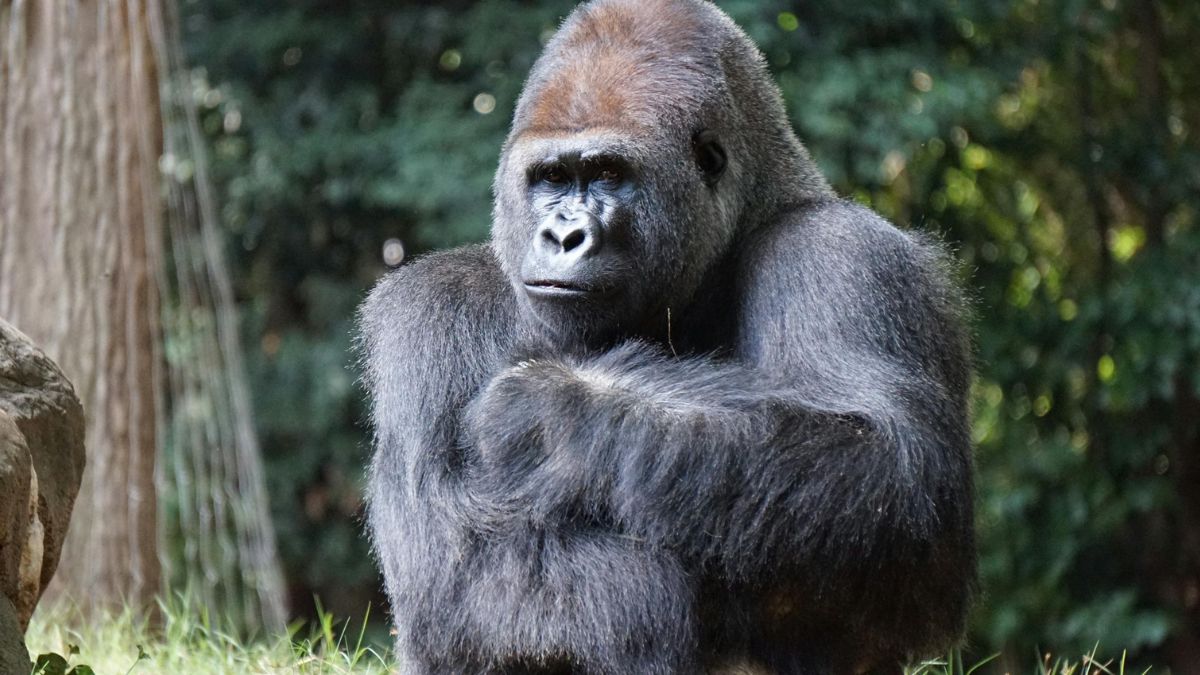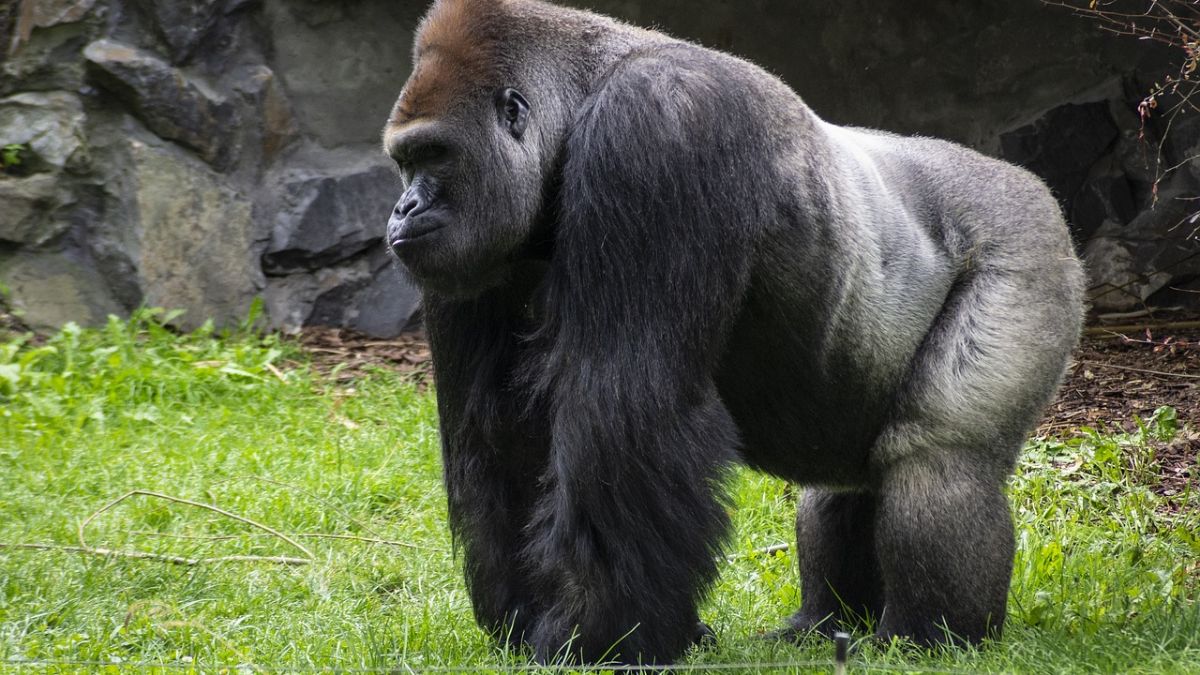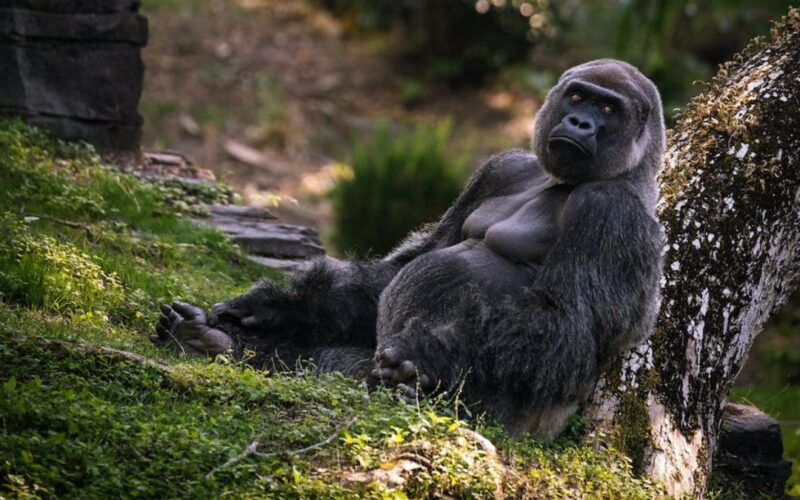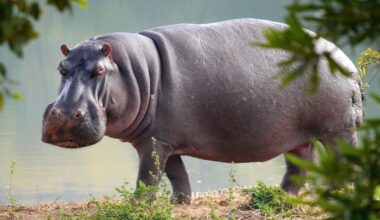Gorillas, with their imposing size and intelligence, have captivated human imagination for centuries. These gentle giants, despite their formidable appearance, play a crucial role in maintaining the delicate balance of rainforest ecosystems. From their complex social structures to surprising behaviors, let’s delve into 10 fascinating facts about gorillas:
Masters of Their Domain
Gorillas are the largest primates alive, with males reaching up to 6 feet tall and weighing over 400 pounds. Despite their size, they are agile climbers, spending a significant portion of their time navigating the dense rainforest canopy. Their powerful arms and long fingers allow them to swing effortlessly through the trees, making them true masters of their arboreal domain.
Family Values Reign Supreme
Unlike many other primates, gorillas live in stable family groups led by a dominant silverback male. These silverbacks, easily identified by the patch of silver hair on their back, are responsible for protecting their families and maintaining social order. The group typically consists of several females, their young, and sometimes even blackback males – younger males nearing maturity.
Communication Beyond Grunts
While iconic gorilla vocalizations like roars and chest beats attract attention, their communication repertoire is surprisingly complex. They use a variety of grunts, barks, and even burps to convey emotions, maintain group cohesion, and even negotiate within the group. Studies suggest they may even understand human sign language to a basic level!

More Than Just Muscle
Contrary to their powerful appearance, gorillas are primarily herbivores. Their diet consists mainly of leaves, fruits, and stems, making them vital seed dispersers, contributing significantly to rainforest regeneration. Despite their plant-based diet, they require large amounts of food due to their size, consuming up to 75 pounds of vegetation daily.
A Playful Side You Never Knew
Young gorillas are known for their playful and curious nature. They engage in mock fights, chase each other through the trees, and even somersault and play hide-and-seek. This playful behavior is crucial for developing social skills and learning important life lessons within the group.
Intelligence Shines Through
Studies have revealed gorillas possess remarkable cognitive abilities. They can use tools, solve simple puzzles, and even recognize themselves in mirrors. Their ability to learn and adapt suggests a level of intelligence previously underestimated in the animal kingdom.
A Fragile Future
Sadly, all gorilla species are classified as endangered, facing threats from habitat loss, poaching, and infectious diseases. Conservation efforts are crucial to ensure their survival. Responsible tourism initiatives and supporting organizations dedicated to gorilla conservation can make a significant difference.

Cultural Significance Across Continents
Gorillas have held cultural significance for centuries, appearing in myths, legends, and even modern literature. From King Kong to Dian Fossey’s groundbreaking research, these captivating creatures continue to inspire awe and respect across diverse cultures.
Conservation Heroes in the Making
Local communities living alongside gorillas are increasingly involved in conservation efforts. Eco-tourism initiatives provide sustainable income opportunities while raising awareness about the importance of protecting these gentle giants and their rainforest homes.
Every Encounter Matters
Whether through documentaries, responsible tourism, or supporting conservation efforts, every interaction with gorillas contributes to their future. By raising awareness and advocating for their well-being, we can ensure these magnificent creatures continue to thrive for generations to come.
Gorillas are more than just impressive physical specimens; they are intelligent, social, and ecologically vital creatures facing numerous challenges. Understanding these fascinating facts and supporting conservation efforts are crucial to ensuring their continued survival and the health of the rainforests they call home. Remember, even small actions can make a significant difference in protecting these gentle giants for future generations.










